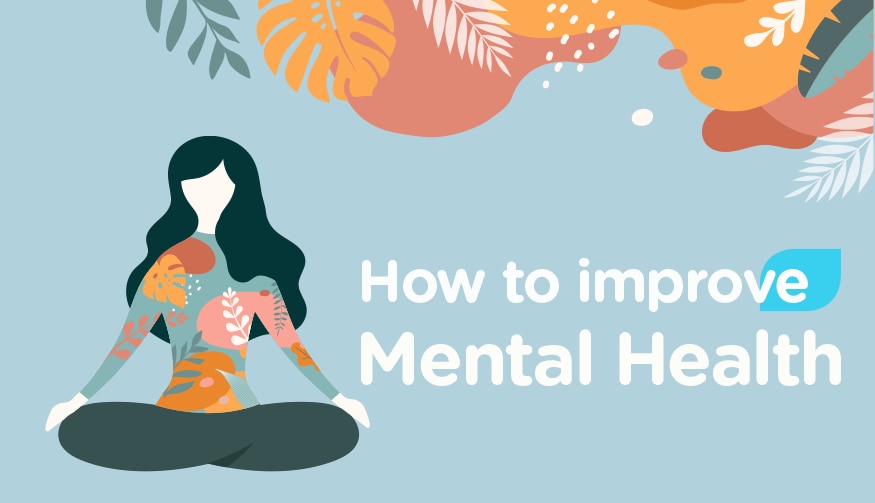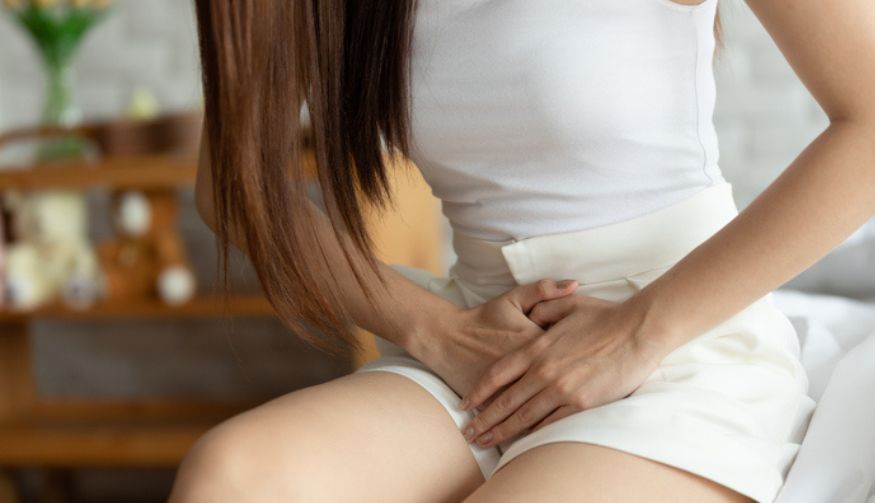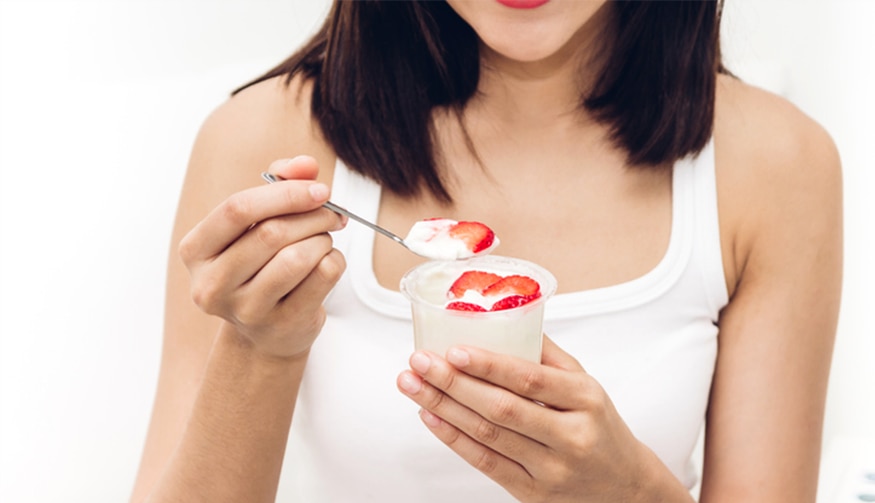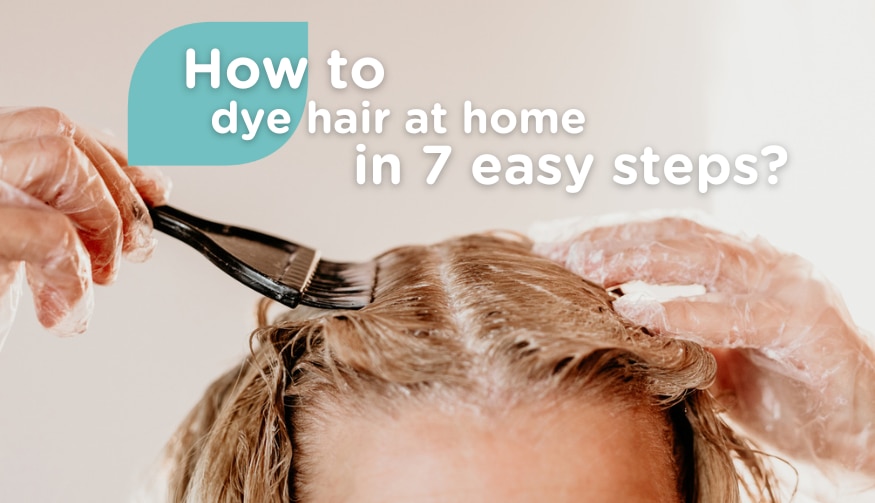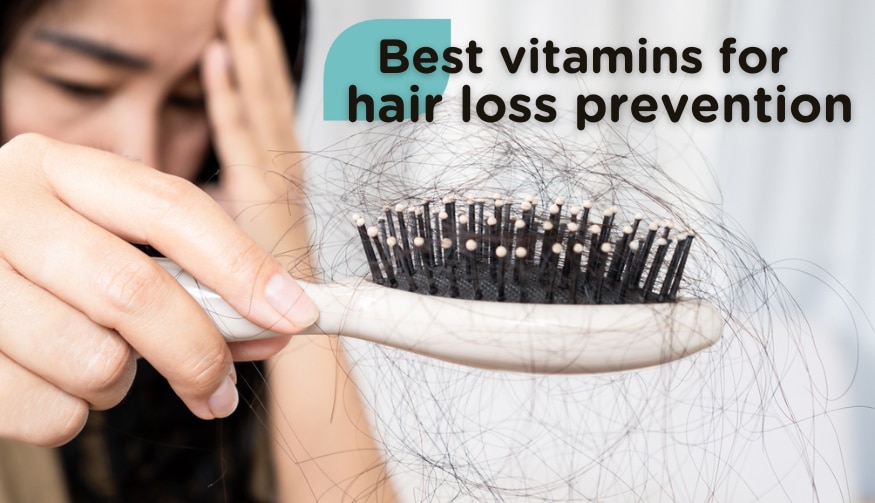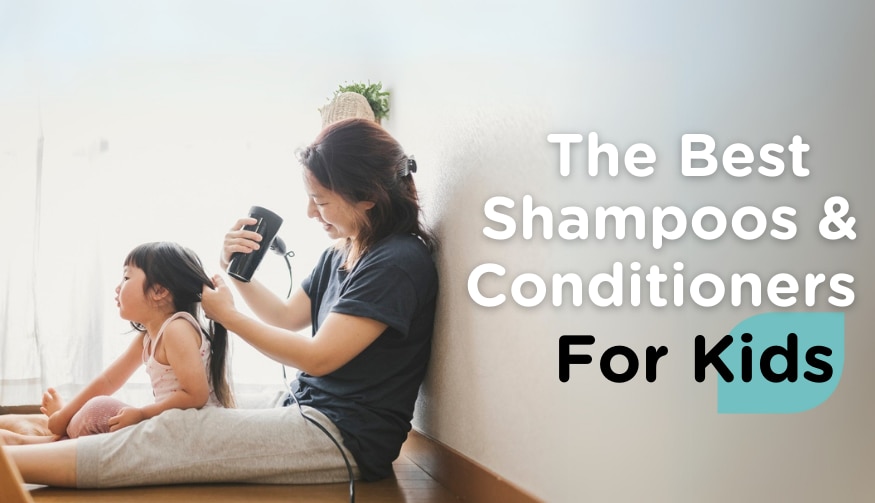Hair is an expression of your style and personality. You might think that hair loss is just for men. The fact is it is also usual for women to experience hair loss. Hair loss can happen to both males and females. It is a progressive condition that worsens with time, so we are here to help you identify the possible causes of hair loss and how to prevent it.
First of all, how much hair loss is normal? Well, it should be 50-100 strands of hair every day.

Genetic factors
If you notice that the hair at the front of your head is thinning, it may be due to a common genetic condition known as male and female-pattern hair loss, or androgenetic alopecia. It is the most common cause of hair loss, and it can happen to people of all sexes. The thinning begins between ages 12 and 40 years. According to a 2020 article in Experimental Dermatology, a complex interaction between hormones and genes triggers this type of baldness. Hormonal shifts that occur during menopause may also spur it.
Hormonal changes
Hormonal imbalance is one of the main causes of hair loss for women. Hormonal changes happen usually due to pregnancy, childbirth, and menopause. It can affect your entire body, including hair, weight, and acne. At that moment, exercise, meditation, and a healthy lifestyle could help rebalance your hormones for your hair growth.

Because of the drop in hormone levels, most women will experience sudden shedding after the pregnancy. It may last 4 months to 1 year. Here’s what you can do to prevent postpartum hair loss.
Stress
High-level stress can cause hair loss. It will trigger scalp problems and mess with the digestive system. It can be physical or emotional stress. And, this kind of hair loss is considered temporary. Try to exercise and meditate to release your stress.

Dramatic weight loss
No matter the dramatic weight loss happens intentionally or unintentionally, it always leads to hair loss. It is because the lack of nutrition often shows up in our hair first. When there is crash dieting, our body will dramatically intake less nutrition and cause hair loss. Therefore, it is suggested to have a healthy and balanced dieting rather than a crash diet.

Excessive hairstyling
When you do your hairstyling, you usually put your hair in constant strain and tension that lead to your hair loss. It is called traction alopecia. It is suggested to avoid tight hairstyles like ponytails, buns and braids and not to pull the root of your hair.

Illnesses that can cause hair loss
Apart from the above factors, certain underlying health conditions could cause hair loss:
- Thyroid problem
- Lupus – Autoimmune condition
- Iron deficiency anaemia
- Polycystic ovary syndrome
- Syphilis
Talk to your doctor if you believe that your hair loss may be related to an underlying health condition.
Effective treatment for hair loss begins with finding the cause. As soon as you notice that you are shedding more hair than usual, seek help from experts or a dermatologist to get an accurate diagnosis.
Dos & Don’ts of hair loss prevention
Maintaining your hair healthy is the first step. Here are some dos and don’ts to prevent hair loss.
Dos
- Brush your hair gently
- Use hair styling products sparingly
- Manage your stress
- Get lots of Vitamin E
Don’ts
- Smoke
- Drink too much alcohol
- Overdo chemical treatments
- Use heat styling tools too often
How to Treat Female Hair loss
Here are the 4 treatments for hair loss.

The vitamins and nutrients listed below help to promote hair growth and prevent hair loss which you should eat more.
- Lean proteins: Tofu, Beans, White-fleshed fish, Plain Greek yoghurt
- Omega-3 fatty acids: Fatty fish, Seeds
- Fat-soluble vitamins(Vitamins A, D, E, and K): Spinach, Sweet potatoes, Avocados
- B-complex vitamins: Eggs, Nuts, Buckwheat, Chickpeas, Lentils, Beans and Peas
- Iron: Sardines, Buckwheat
- Zinc: Chia Seeds, Buckwheat, Oyster
5 Natural ingredients for hair care
How to make your hair smoother and healthier? Here’re 5 natural ingredients you should know!
- Argan oil: Reduce dryness and make hair shinier
- Tea tree oil: Reduce itching and scaling of the scalp
- Aloe vera: Reduce excess oil and repair hair damage
- Avocado oil: Soften and smooth hair
- Honey: Stimulate hair growth and control dandruff
Read more on women’s health:











